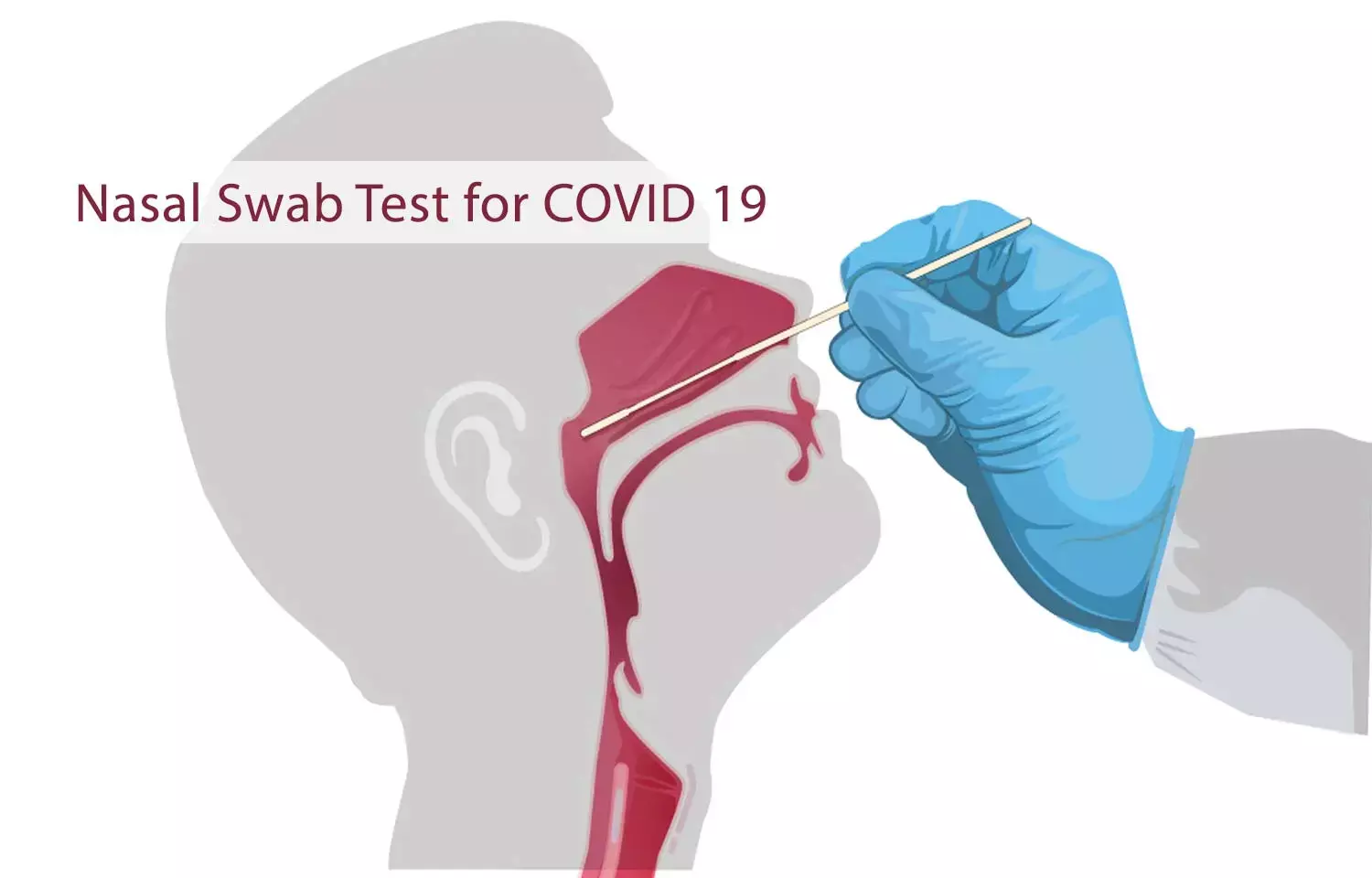- Home
- Medical news & Guidelines
- Anesthesiology
- Cardiology and CTVS
- Critical Care
- Dentistry
- Dermatology
- Diabetes and Endocrinology
- ENT
- Gastroenterology
- Medicine
- Nephrology
- Neurology
- Obstretics-Gynaecology
- Oncology
- Ophthalmology
- Orthopaedics
- Pediatrics-Neonatology
- Psychiatry
- Pulmonology
- Radiology
- Surgery
- Urology
- Laboratory Medicine
- Diet
- Nursing
- Paramedical
- Physiotherapy
- Health news
- Fact Check
- Bone Health Fact Check
- Brain Health Fact Check
- Cancer Related Fact Check
- Child Care Fact Check
- Dental and oral health fact check
- Diabetes and metabolic health fact check
- Diet and Nutrition Fact Check
- Eye and ENT Care Fact Check
- Fitness fact check
- Gut health fact check
- Heart health fact check
- Kidney health fact check
- Medical education fact check
- Men's health fact check
- Respiratory fact check
- Skin and hair care fact check
- Vaccine and Immunization fact check
- Women's health fact check
- AYUSH
- State News
- Andaman and Nicobar Islands
- Andhra Pradesh
- Arunachal Pradesh
- Assam
- Bihar
- Chandigarh
- Chattisgarh
- Dadra and Nagar Haveli
- Daman and Diu
- Delhi
- Goa
- Gujarat
- Haryana
- Himachal Pradesh
- Jammu & Kashmir
- Jharkhand
- Karnataka
- Kerala
- Ladakh
- Lakshadweep
- Madhya Pradesh
- Maharashtra
- Manipur
- Meghalaya
- Mizoram
- Nagaland
- Odisha
- Puducherry
- Punjab
- Rajasthan
- Sikkim
- Tamil Nadu
- Telangana
- Tripura
- Uttar Pradesh
- Uttrakhand
- West Bengal
- Medical Education
- Industry
Rare case of Iatrogenic CSF leak after Nasal swab testing for COVID 19 reported

Christopher Blake Sullivan and et al from the University of Iowa Hospitals and Clinics, Iowa City reported a rare case of cerebrospinal fluid (CSF) leak after nasal testing for COVID-19. This is the first-ever reported case published in the journal "JAMA Otolaryngology-Head and Neck Surgery" 2020.
The global pandemic COVID 19 has created havoc since its emergence. As per the recommendations by the US Center for Disease Control and Prevention, testing for the SARS-CoV-2 from the nasopharyngeal, anterior nasal, and mid turbinate swabs are 3 of the 5 methods for initial diagnostic specimen collection. But complications associated with nasal swab testing are not well characterized and documented to date.
Iatrogenic cerebrospinal fluid leak after Nasal swab testing for COVID 19.Also Read:Rare Case of calcified gallbladder reported in NEJM
The case in point is a woman in her 40s who presented with unilateral rhinorrhea, metallic taste, headache, neck stiffness, and photophobia. As per history, the patient had recently taken nasal COVID-19 testing for an elective hernia repair after which she developed the symptoms of unilateral rhinorrhea, headache, and vomiting. There was clear rhinorrhea from the right side on the physical examination. Past medical history revealed idiopathic intracranial hypertension and removal of nasal polyps 20 yrs back.
Lab work of nasal discharge showed positive β2-transferrin. Computed tomography (CT) and magnetic resonance imaging (MRI) identified a 1.8-cm encephalocele extending through the right ethmoid fovea into the middle meatus and a right sphenoid wing pseudomeningocele. Previous CT also revealed the encephalocele but the diagnosis was a paranasal sinus disease but not an encephalocele.
Endoscopic surgical repair was planned, and intrathecal fluorescein was infused through a lumbar drain. An encephalocele was identified in the right anterior ethmoid cavity and reduced. Later, a skull base defect in the fovea ethmoidalis was repaired with a combination of acellular human dermal matrix and a poly(D, L-lactic) acid. Postoperative neurological monitoring and lumbar drain management were done by admitting the patient.
Thus, the authors concluded that one should consider alternative methods to nasal screening in patients with known prior skull base defects, history of sinus or skull base surgery, or predisposing conditions to skull base erosion.
For further reading, click the following link: doi:10.1001/jamaoto.2020.3579
BDS, MDS
Dr.Niharika Harsha B (BDS,MDS) completed her BDS from Govt Dental College, Hyderabad and MDS from Dr.NTR University of health sciences(Now Kaloji Rao University). She has 4 years of private dental practice and worked for 2 years as Consultant Oral Radiologist at a Dental Imaging Centre in Hyderabad. She worked as Research Assistant and scientific writer in the development of Oral Anti cancer screening device with her seniors. She has a deep intriguing wish in writing highly engaging, captivating and informative medical content for a wider audience. She can be contacted at editorial@medicaldialogues.in.
Dr Kamal Kant Kohli-MBBS, DTCD- a chest specialist with more than 30 years of practice and a flair for writing clinical articles, Dr Kamal Kant Kohli joined Medical Dialogues as a Chief Editor of Medical News. Besides writing articles, as an editor, he proofreads and verifies all the medical content published on Medical Dialogues including those coming from journals, studies,medical conferences,guidelines etc. Email: drkohli@medicaldialogues.in. Contact no. 011-43720751


